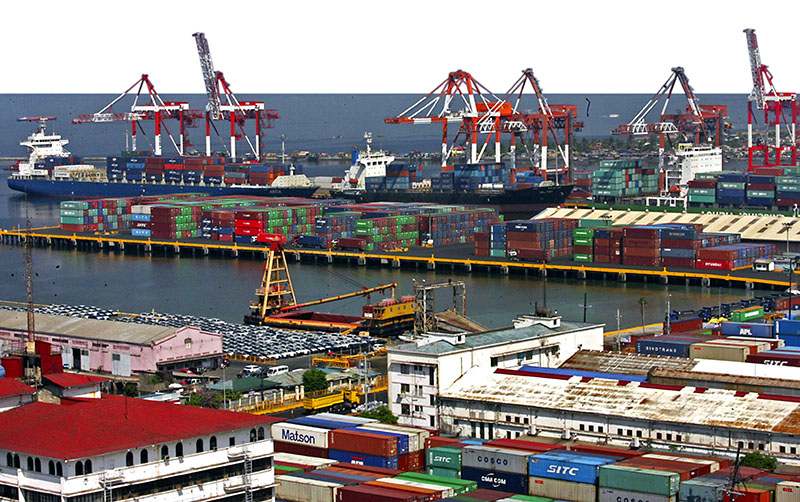ASEAN manufacturing recovers in January, Vietnam dislodges Philippines on top
MANILA, Philippines — Manufacturing conditions in the ASEAN region recovered slightly in December, still driven by domestic demand as export sales remain weak, according to the Nikkei ASEAN Manufacturing Purchasing Managers’ Index released yesterday.
The headline ASEAN Manufacturing PMI rose to 50.2 in January from 49.9 in December, indicating recovery as a reading of below 50 signals deteriorating business conditions.
Boosting the headline index were increases in output, new orders and employment, said IHS Markit, the firm that compiled data for the survey.
Survey data indicated higher domestic demand was the driver of increase in new orders as export sales fell for a second straight month in January.
The headline PMI is a composite index based on five key indicators: new orders, output, employment, suppliers’ delivery times and inventories of inputs.
IHS Markit noted that the upturn was “relatively broad-based” with five of the seven countries covered by the survey reporting improvement in business condition.
Vietnam displaced the Philippines to lead the growth rankings in January with a headline PMI reading of 53.4. Following suit were Myanmar and the Philippines, both of which registered a PMI reading of 5.7. Myanmar’s January performance was faster than in December whereas the Philippines’ was slower.
Thailand and Malaysia also stayed within the expansion territory with PMI readings of 50.6 and 50.5, respectively. Indonesia, 40.9 registered a marginal slowdown while Singapore, 46.4 registered a decline.
Despite improved demand, firms remained cautious around input purchasing because of cost pressures. Input buying was unchanged in January following a decline in December.
“The positive start to the year was also marred by strong cost pressures. There were reports of shortages in key materials, such as industrial metal and plastics, pushing costs higher. As a result, firms suffered a further squeeze on their profit margins as they weren’t able to raise selling prices as quickly as the rise in costs,” said IHS Markit principal economist Bernard Aw.
Business confidence in the year ahead, however, remains strong, said IHS Markit.
“Encouragingly, business confidence about output in the year ahead remained strong, with optimism holding steady at a near one-year high. Furthermore, recent depletions in stocks of finished goods could encourage manufacturers to raise production as part of efforts to replenish inventories,” Aw said.
Source: http://www.philstar.com/business/2018/02/03/1783941/asean-manufacturing-recovers-january-vietnam-dislodges-philippines-top


 English
English




